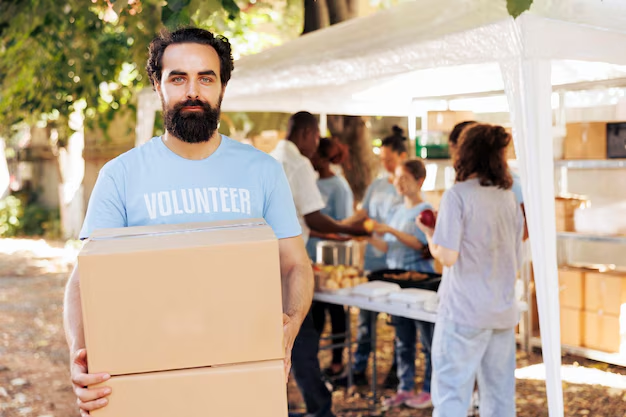Discovering Support and Assistance Through Salt Lake City Homeless Shelters
In the midst of Salt Lake City's stunning mountains and vibrant community, there lies a persistent issue that demands attention: homelessness. For those caught in this struggle, Salt Lake City homeless shelters serve as a beacon of hope and vital support. Here’s what you need to know about accessing these essential resources and how they serve as a stepping stone towards financial stability and eventual independence.
The Role of Homeless Shelters in Salt Lake City
Homeless shelters in Salt Lake City provide more than just a safe place to sleep; they offer a variety of services designed to help individuals and families get back on their feet. Shelters such as the Road Home, Volunteers of America, and the YWCA Utah are committed to providing immediate relief and long-term solutions.
- Temporary Shelter: Most facilities offer emergency and short-term accommodation, ensuring people have a safe and secure place to stay.
- Food and Meals: Many shelters serve nutritious meals daily, which is crucial for those trying to regain personal stability.
- Health Services: Access to basic healthcare services, including mental health support, is often provided.
- Job Assistance: Shelters frequently offer job training programs and employment resources to help individuals re-enter the workforce.
- Counseling and Support Services: Emotional support and guidance are essential for those recovering from homelessness, making counseling services a vital part of many shelters' offerings.
These services are stepping stones to helping individuals transition from temporary shelter to a more permanent solution.
Bridging the Gap: Financial and Housing Assistance
While Salt Lake City homeless shelters provide immediate relief, addressing the underlying causes of homelessness often involves additional financial support and education. Here's where government and non-profit programs come into play.
Government Aid Programs
Programs like the Temporary Assistance for Needy Families (TANF) and Supplemental Nutrition Assistance Program (SNAP) offer vital financial support to those in need. By easing financial burdens, they allow individuals to focus on securing stable housing and employment.
Financial Counseling and Debt Relief
For many, debt is a significant barrier to financial independence. Credit counseling organizations can help manage debt, teaching financial literacy skills essential for long-term success. Look for organizations offering free or low-cost services to understand and reduce credit card debts and personal loans.
Educational Grants and Vocational Training
Education is a powerful tool in breaking the cycle of poverty. Programs like Pell Grants or the Lifetime Learning Credit can significantly reduce the cost of higher education, making it more accessible for individuals previously experiencing homelessness. Additionally, vocational training courses provided by local community colleges can lead to certifications in fields with high demand, fostering economic mobility.
Turning Resources Into Results
A multi-faceted approach is key to overcoming homelessness. By combining the immediate support of homeless shelters with long-term strategies like government aid and financial education, individuals gain the tools necessary to not only find a stable home but also build a future full of potential.
By recognizing these shelters not just as temporary solutions, but as gateways to broader financial assistance and education, we can envision a Salt Lake City where opportunity and support are available to all.
Financial and Educational Resources for Stability
- 🏠 Salt Lake City Homeless Shelters: Road Home, YWCA Utah, Volunteers of America
- 💡 Government Aid Programs: TANF, SNAP
- 💳 Credit Solutions: Credit counseling, Debt relief services
- 🎓 Educational Opportunities: Pell Grants, Vocational training
- 📚 Financial Education: Budgeting workshops, Financial literacy courses
Through a mixture of short-term relief and long-term planning, the path towards stability becomes clearer. These resources are key to fostering confidence and capability among those most in need, ultimately benefiting both individuals and the broader community.

